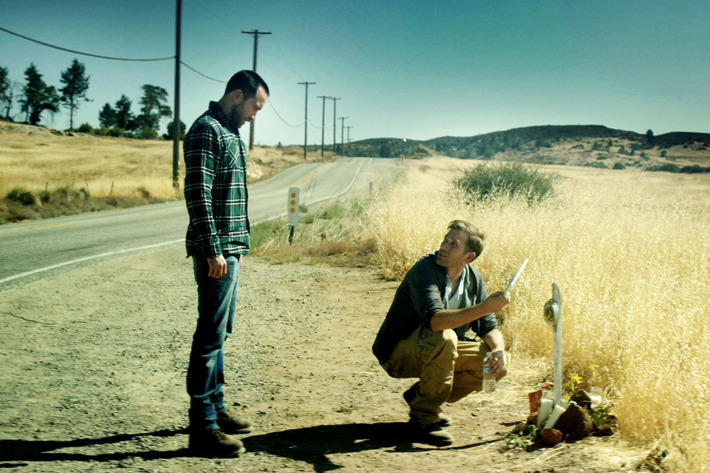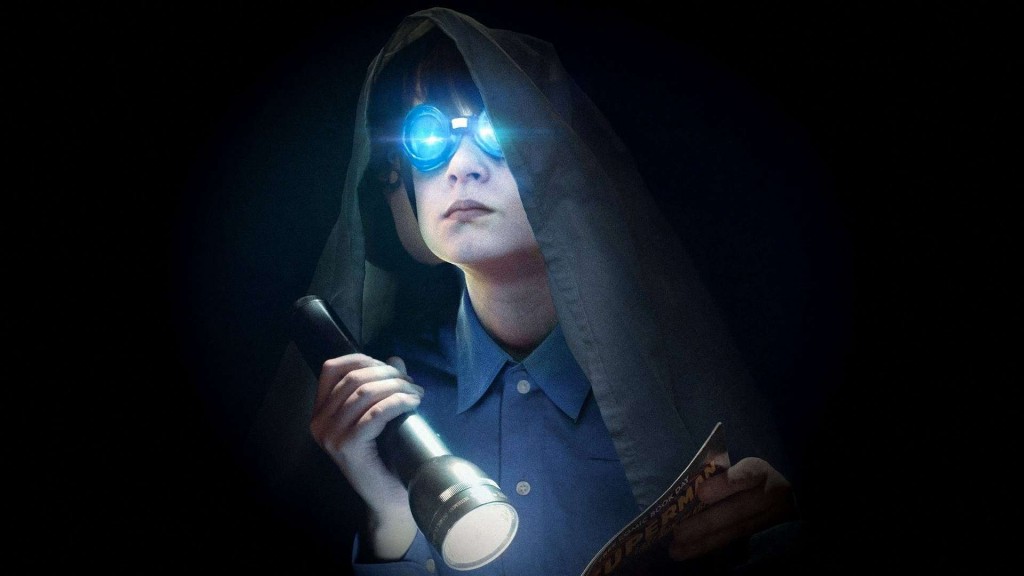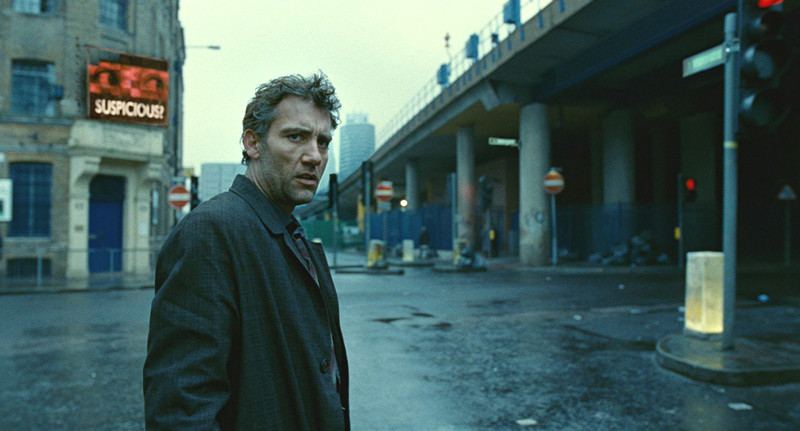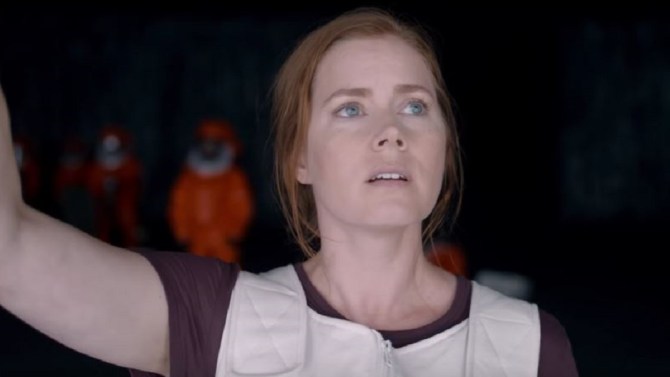
The 21st century has seen the film industry take great strides in special effects and technology. The formula is so readily available and accessible these days that every other science fiction flick feels a big studio-financed project.
Despite these advancements, films that do succeed are the ones with smart writing and original conceptualization. This list is an attempt to identify and bring to your attention those films, which combine their technical prowess with beautiful, humane scripts.
10. Ex Machina

A starry-eyed tech prodigy, Caleb, wins a week with the CEO of his company, Nathan Bateman, at his secluded estate. His purpose is ascertained as he is to perform a Turing test on a humanoid AI that Bateman has built, Ava, and put her through the filter of consciousness and emotions.
The initial awe is quickly replaced by frightening revelations by Ava about Nathan being a narcissistic and compulsive liar. The two concoct an escape plan as Nathan becomes more unpredictable and dangerous with time.
Garland’s debut is rather bittersweet in terms of how things pan out. His narrative choices are clever and unexpected, ably supported by a wonderful cast. The minimalist setting complements Garland’s eerie atmosphere and raveled storyline. The well-rounded characters are optimally used to bring to life a shocking and relevant story of betrayal, intertextuality of man’s emotion and his surroundings, and a scary future that just might be.
9. The Endless

For a night simply reserved for bated breathing and watching two moons in the sky, “The Endless” is the perfect movie. It effectively matches the growing legend of obscure cults prompting mass suicides and the fallacy of mythical beasts to produce a more than impressive sci-fi horror. Justin reluctantly decides to go back to a cult commune with his brother, Aaron, who is smitten with the life at camp, after receiving a video from the members.
While many welcome their return, Justin finds it hard to resist weird occurrences around the camp. As the occurrences get more peculiar and dangerously tangible with passing time, the brothers discover a larger play at hand that might confirm their greatest fears about the camp.
The directors, Justin Benson and Aaron Moorhead, play the leads, while the former completes a triple whammy, also writing the screenplay for the film. Without being assuming or offensive to the people who earnestly believe in cults, they sculpt an entertaining, clever, and a bizarre story that is equal parts amusing and terrifying.
The film successfully preserves the incorporeal form of the ‘entity’ that haunts the brothers and the other members of the camp, leaving the viewer’s imagination to create a Lovecraftian-like monster feeding on people’s faiths.
8. Midnight Special (2016)

Jeff Nichols is a special filmmaker blessed with an innate and unique sense of a poignant understanding of human life. His five features, each spanning across different genres and with distinct setups, point towards an inherently obvious cultivation of empathy in his stories through the troubled protagonists.
“Midnight Special” brings us the journey of an eight-year-old child, Alton Meyer, on the run with his apparent abductors, Lucas and Roy Tomilin. Part of a cult called the Ranch, Roy and Alton, who are later revealed to be father and son, head toward a location, specified by Alton, to face the ‘judgment day.’ With the entire government’s resources unified to prevent them from reaching the location, and his own internal turmoil, Alton’s life becomes just more difficult.
Much like his other films, Nichols’ foray into a genre film builds itself as a mountain of mysteries in its run time. The focus seems to pose more and more questions, rather than finding explanations for everything that happens within the film’s universe. Nichols finds himself with an embarrassment of riches in terms of the strong performances from a well-balanced ensemble.
“Midnight Special,” with its compassionate characters and intriguing conceptualization, is a desperate howl for answers that never quite comes to its resolution, marking another fine addition to the director’s growingly eye-catching filmography.
7. Children of Men (2006)

“Children of Men” was the trampoline upon which Alfonso Cuaron boosted himself with from obscurity to global fame. The celebrated filmmaker, who is still fresh from his Oscar double win courtesy of his prismatic and nostalgic look at his past in “Roma,” sent shockwaves with his first real success, “Children of Men.”
The film’s universe is set in a dystopian present where infertility threatens a forlorn end for the species. While governments of the world close their borders to immigrants and their hearts to humanity, secret forces work to preserve the future. A British intelligence officer becomes embroiled in an impending revolution that wills to alter the present and create a new future.
Cuaron’s trademark long shots are found in abundance in “Children of Men.” The complex takes are interwoven so brilliantly with the schematic structure of the story that they almost never feel forced and embellish the overall narration.
With his frequent collaborator Emmanuel ‘Chivo’ Lubezki, Cuaron created a modern masterpiece that perfectly balances heavy, emotional themes with thrilling, impalpable tension that you could cut with a knife. The car scene with Julianne Moore and Clive Owen deserves a special nod for its conception off the camera, and the insurmountable craft in it.
6. Arrival

Denis Villeneuve’s stature as a contemporary visionary is uncontested. The French-Canadian filmmaker has made astounding strides in creating his own trademark and brand as a creator of original, riveting, and satisfying content. Villeneuve’s stories often resist labels, with a conscious defiance to be tied down to something restricted.
His stories combust more through their emotion and empathetic characters and Villeneuve’s humanist touch, rather than the brevity of the script or technical flawlessness, although they’re pretty much present. “Arrival” strikes similar notes to a refreshing story that prefaces an important and polite reminder to the world about the importance of communication and togetherness.
After 12 mysterious extraterrestrial pods station themselves in different parts of the world, linguistics expert Professor Louise Banks is marched down to one of the sites to comprehend strange messages by the creatures. She works on developing processes to initiate the translation with physicist Ian Donnelly.
The complex concentric circles in their first liaison are decoded as “offer weapon,” which is misconstrued by Chinese scientists as “use weapons.” This leads to confusion and the eventual revelation of Louise’s remarkable gift.
Villeneuve paces “Arrival” to perfection. The rather rugged and seemingly languid first hour is integrated with a nervy second, without ever compromising the story. The pieces that seem scrambled and distantly related culminate in a thrilling and deeply satisfying ending.
More than a brilliantly sculpted original idea, the beating heart of “Arrival” is its sophisticated and sensible story, at the core of which is Amy Adams’ magnetic performance and Bradford Young’s technical panache.